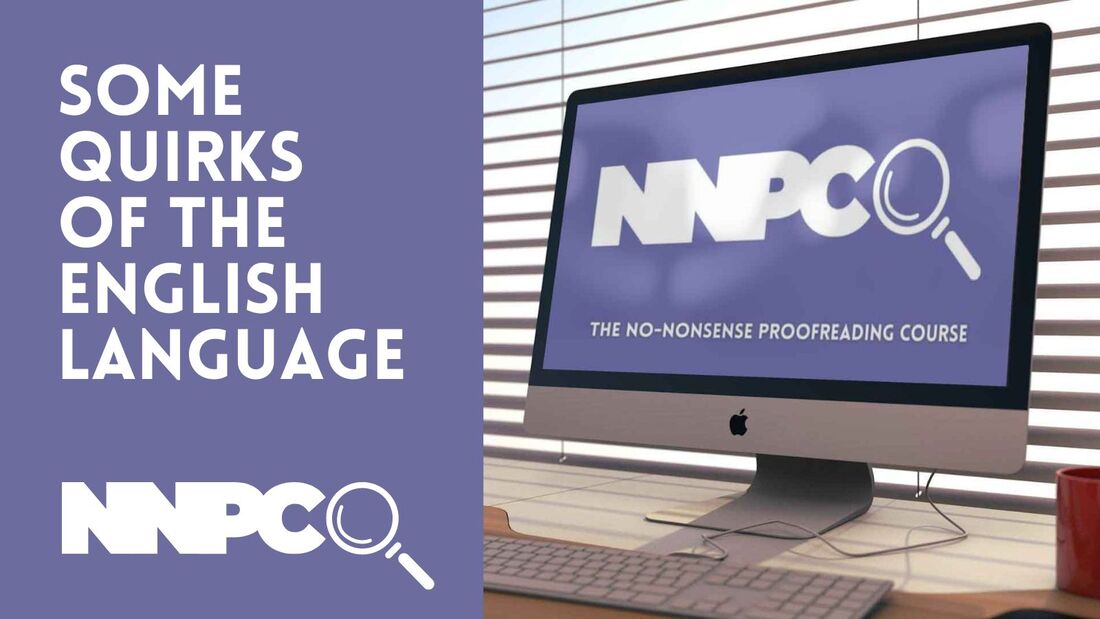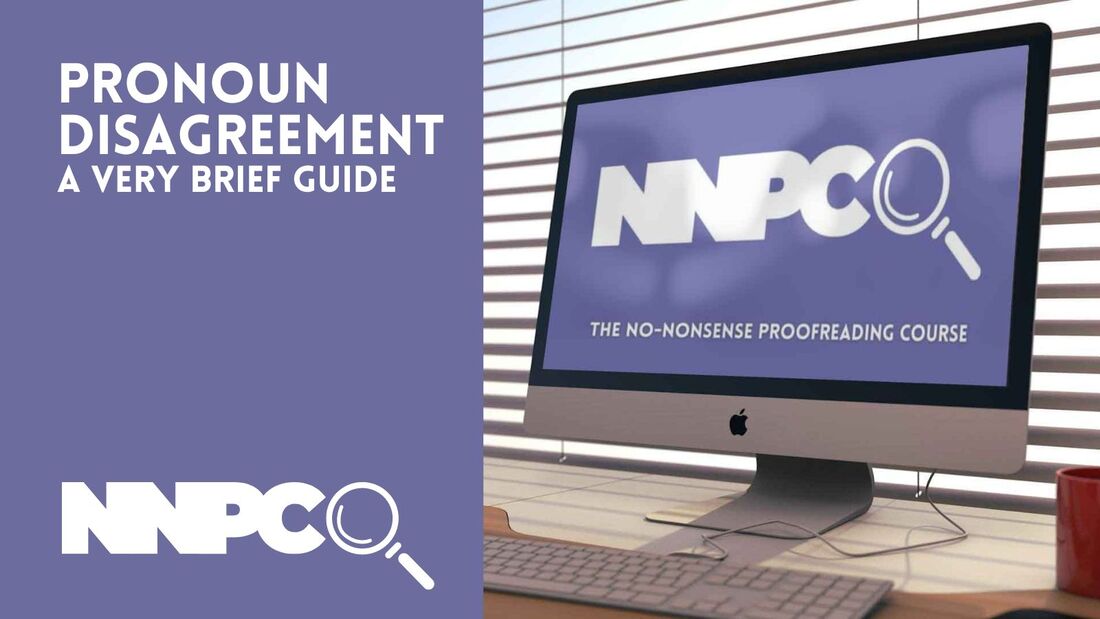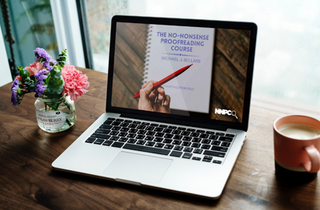|
English, a language renowned for its global influence and linguistic diversity, often perplexes both native speakers and learners alike with its myriad of grammar rules. While it boasts a reputation for being a relatively easy language to pick up, the labyrinthine nature of English grammar is not to be underestimated. From irregular verbs to homophones that confound even the most experienced writers, English grammar is a fascinating puzzle that never ceases to surprise.
In this blog post, we'll delve into some of the most intriguing quirks of English grammar, exploring the peculiarities that make this language a captivating challenge to master. The Unpredictable World of Irregular Verbs Verbs are the backbone of any language, but English takes a unique twist with its irregular verbs. While many languages have a consistent pattern for conjugating verbs, English throws curveballs that keep learners on their toes. Here are some examples: Sing - Sang - Sung: The simple past and past participle forms of "sing" don't follow the typical "-ed" pattern, showcasing English's penchant for irregularity. Go - Went - Gone: The verb "go" takes a different route entirely when it comes to conjugation, with "went" being the past tense form. Eat - Ate - Eaten: The verb "eat" showcases another irregularity, demonstrating how English verbs can deviate from the norm. The Spellbinding World of Homophones Homophones are words that sound the same but have different meanings and spellings. Navigating through these tricky pairs can be a true test of one's language skills: Their, There, They're: These three homophones are a common source of confusion. "Their" indicates possession, "there" denotes a location, and "they're" is a contraction of "they are." To, Too, Two: Another set of homophones that often trip up writers. "To" is a preposition, "too" means also and excessively, and "two" is the number. It's, Its: The apostrophe in "it's" signifies a contraction of "it is" or "it has," while "its" is a possessive pronoun indicating ownership. The Ambiguous Apostrophe Apostrophes, those small punctuation marks, wield considerable power in English grammar. However, their usage isn't always straightforward: Contractions: As seen in "can't" (cannot) or "won't" (will not), apostrophes are used to indicate missing letters in contractions. Possession: Apostrophes denote possession, such as in "the dog's bone" or "Sarah's book." Plural Possession: The placement of the apostrophe can cause confusion when indicating possession for plural nouns, as in "the students' notebooks" (belonging to multiple students). The Enigma of Prepositions Prepositions, those tiny words that indicate relationships between other words in a sentence, can perplex even the most seasoned grammarians: In, On, At: Determining when to use "in," "on," or "at" to indicate time or location can be a daunting task. For example, we say "in the evening," "on Monday," and "at noon." Between, Among: Knowing when to use "between" (for two) and "among" (for three or more) isn't always straightforward. The Curious Case of Articles Articles (a, an, the) might seem simple, but their usage can be quite intricate: A vs. An: The choice between "a" and "an" depends on the sound that follows the article, not the actual first letter. For example, "a university" but "an hour." Definite Article "The": While "the" typically indicates specificity, it can also be used in a more general sense, as in "The cheetah is the fastest land animal." Summarizing the Quirks The labyrinthine landscape of English grammar is a marvel to explore, filled with irregular verbs, confounding homophones, ambiguous apostrophes, perplexing prepositions, and the curious case of articles. As we've seen, English grammar is far from a straightforward affair, offering a constant challenge and a rewarding journey for both native speakers and language learners. So, the next time you find yourself grappling with irregular verbs or pondering over the correct usage of homophones, remember that you're not alone in navigating the intricate tapestry of English grammar. Embrace the quirks, unravel the complexities, and embark on a linguistic adventure that will leave you with a deeper appreciation for the captivating world of language. Happy grammatical explorations!
0 Comments
Introduction: What is Pronoun Disagreement?
Pronoun disagreement occurs when the pronouns used in a sentence do not match in terms of number or gender. In other words, there's a mismatch between the pronoun and the noun it's referring to. 1. Number Agreement: Singular and Plural When talking about one thing (singular), we use certain pronouns, and when talking about more than one thing (plural), we use different pronouns. Pronoun disagreement happens when these pronouns don't match the number of the noun. Example: Incorrect: The team lost their game. (The team is singular, but "their" is plural.) Correct: The team lost its game. (The team is singular, and "its" matches.) 2. Gender Agreement: He, She, They Pronouns like "he," "she," and "they" have specific gender associations. Using the wrong pronoun that doesn't match the gender of the noun leads to pronoun disagreement. Example: Incorrect: The girl finished his ice cream. (The girl is female, but "his" is masculine.) Correct: The girl finished her ice cream. (The girl is female, and "her" matches.) 3. Indefinite Pronouns: Everyone, Nobody, Somebody Indefinite pronouns can also lead to pronoun disagreement if they're not matched correctly with the appropriate pronoun. Example: Incorrect: Everybody should do whatever they want. (Everybody is singular, but "they" is plural.) Correct: Everybody should do whatever he or she wants. (Using a singular pronoun that matches.) 4. Recap and Summary: Pronoun disagreement happens when pronouns (words that stand in for nouns) don't match the number or gender of the nouns they're referring to. Here's a quick recap:
Remember, pronoun disagreement can lead to confusion or miscommunication, so it's important to make sure your pronouns agree with the nouns they refer to. |
Details
Testimonials
“I am one of those many fools who paid a huge amount of money for a useless course. This book... has opened so many doors for me. I now look on Mike as my mentor as I embark on a career. Thank you Mike.” Emma Steel, Proofreader and International Structural Editor. “ I thoroughly enjoyed the course and am so glad that I decided to take it... the whole experience was invaluable. My proofreading service is now well established and your course played no small part in getting it off the ground.” Hache L. Jones, Proofreader. “I'd just like to thank you first of all for writing such a great, straight forward eBook, and then going above and beyond what I would even expect as a customer by providing us, completely free of charge, updated versions months later!” Rachel Gee, Trainee Proofreader. “What can I say? Worth every penny and then some! God Bless! This a fabulous course.” Teresa Richardson, Proofreader. “As someone who has effectively been proofreading for thirty years, I found Mike’s No-Nonsense Proofreading Course an invaluable introduction and a very useful practical guide to many aspects of this discipline. I can wholeheartedly recommend it as the ideal starting point, and much more besides.” Jeremy Meehan, Proofreader. Blog AuthorMy name's Mike Sellars and I'm an experienced proofreader and the author of The No-Nonsense Proofreading Course. Click here to find out more about me. The No-Nonsense Proofreading CourseA Fraction of the Cost of Other Proofreading Courses NOTE: Stock is currently limited to 10 per day, so we can continue to deliver exceptional after-sales service, answer queries and provide open-door support. Credit card and PayPal payments accepted. “As someone who has been proofreading for 30 years, I found Mike’s course an invaluable introduction and a very useful practical guide to many aspects of the discipline. I can wholeheartedly recommend it.” Jeremy Meehan, Proofreader. Still want to find out more? Click here. Proofreading Categories
All
Proofreading Archives
July 2024
|



 RSS Feed
RSS Feed
